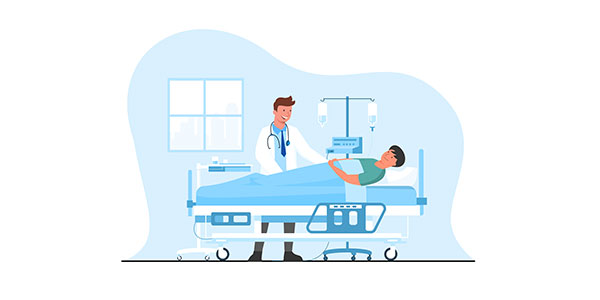
ICU stands for Intensive Care Unit, and ICU care refers to the specialized medical treatment and monitoring provided in these units. Here’s the definition of ICU care:
ICU Care, or Intensive Care Unit Care, is a specialized and highly critical form of medical care provided to patients who are experiencing severe illness, injury, or medical conditions that require constant and close monitoring, advanced life support, and specialized medical interventions. ICU care is typically administered in an Intensive Care Unit, a designated area within a hospital equipped with advanced medical technology and staffed by a highly trained medical team, including critical care nurses, intensivists (specialist physicians), respiratory therapists, and other healthcare professionals.
The primary objectives of ICU care are to stabilize and support patients with life-threatening conditions, closely monitor their vital signs, and provide treatments or interventions as needed. Patients in the ICU often require mechanical ventilation, advanced monitoring of their heart, lungs, and other vital organs, and close observation to detect any changes in their condition promptly.
ICU care is crucial for patients with conditions such as severe respiratory failure, cardiac issues, sepsis, trauma, neurological emergencies, and those recovering from major surgeries. The care provided in the ICU is tailored to each patient’s specific medical needs, and the goal is to improve their condition and eventually transfer them to a lower level of care as they stabilize.



